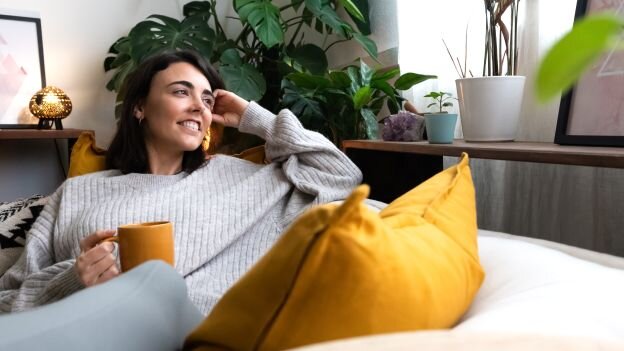Shared Ownership is a brilliant springboard into homeownership. Not only you don’t have to buy 100% of a property upfront, meaning you can afford to live in a more valuable property with a lower deposit and mortgage, but you are also under no obligation to ever purchase more shares. This makes it a very flexible arrangement that leaves you totally in control.
For those of you who are considering to buy more shares, you’ll have to go through a process called staircasing. Here are the step involved.
Before deciding whether or not to staircase however, you might want to consider the pros and cons as well as being aware of the things to watch out for. Below we list some of them.
Pros of Staircasing in Shared Ownership
Increased Ownership
Staircasing allows you to gradually increase your ownership of the property until you eventually own it outright.
Reduced Rent
In addition to increasing your ownership, staircasing also reduces the amount of rent you have to pay on the remaining share of the property.
Increased Equity
As you staircase you will have more equity in the property. If the property goes up in value you will benefit from a higher sale price.
More Control over the Property
When you own a larger share of the property, you have more control over it. You can make changes to the property and decorate it according to your preferences.
Cons of Staircasing in Shared Ownership
Increased Mortgage Costs
Staircasing involves buying additional shares in the property, which means that you will have a higher monthly mortgage payment.
Difficulty in Selling the Property
There is a restriction on how much you can earn to qualify for a Shared Ownership property (£80k out of London, £90k in London), so the higher the the purchase price the less likely it is that you can find a buyer if you wish to resale.
Limited Availability
In some properties, you can only staircase up to a maximum percentage. Check your lease if you want to know whether that applies to you.
Fees
Each time you staircase you will have to pay for a RICS valuation, solicitors, mortgage brokers and even a admin fee to the housing association to cover their internal costs (and sometimes even their solicitors).
What to watch out for
Final staircasing
If you want to get to 100% and you can afford to do so via one staircasing transaction then it probably makes sense. The only things to consider are:
- You might still have to pay ground rent, are you ok with that?
- Is this the best property to be spending your money on or could you invest your money better elsewhere?
- What’s happening to property prices? If you think they might come down then maybe wait.
- If you are buying with a mortgage, are you sure you can afford it in the long term?
After final staircasing, the property is yours, so you can sell it whenever you like, you’ll have no rent to pay. The lenders will do a proper affordability assessment so if they choose to lend you the money they think you can afford it.
Interim staircasing
If you are Interim Staircasing, i.e. you are not going to get to 100% with this transaction, then make sure you have a plan.
Just because you can afford to staircase today it does not mean that you’ll be able to staircase again in the future. So you may get stuck before you get to 100%.
Most staircasing transactions are mortgage funded, meaning you extend your borrowing in order to buy more shares. To make sure you can continue to borrow larger amounts in the future you have to know that your salary will keep going up, because that is the main way banks assess how much they can lend to you.
If you have come into some inheritance, or your partner moved in and therefore you can increase your mortgage today, it might seem to make sense to to buy more shares in your home, but remember that these are one-off events. They may not happen again in the future.
For those who plan to get to 100%, the only want to guarantee that is that your salary will increase over time, so plan accordingly.
Are you going above the affordability barrier?
To qualify for a Shared Ownership property your household income can be a maximum of £80k out of London or £90k in London. These restrictions are in place to make sure that the only people buying Shared Ownership properties are those who need the help.
At the time of writing, a typical maximum mortgage allowance is 4.5x your household income, meaning a bank will lend you a maximum of £360k if you’re earning £80k or £405k if you’re earning £90k.
When you choose to sell your Shared Ownership property before you get to 100%, typically the Housing Association has the right to sell the property to another aspiring Shared Owner before the property goes on the open market.
If your share is worth more than £360k (£405k in London) the pool of potential buyers will be limited to those on the very maximum salary bracket, so you might struggle to sell. This doesn’t mean that you can’t sell at all, but it might take longer than you may like.
Conclusion
Whether or not it makes sense to staircase is totally dependent on your long term plan and financial situation. Make sure you don’t simply base the decision on what you can afford to do today. Speak to a financial advisor if you are unsure.
Think you might want to go ahead and staircase? See if you can afford to with our easy to use calculator.

